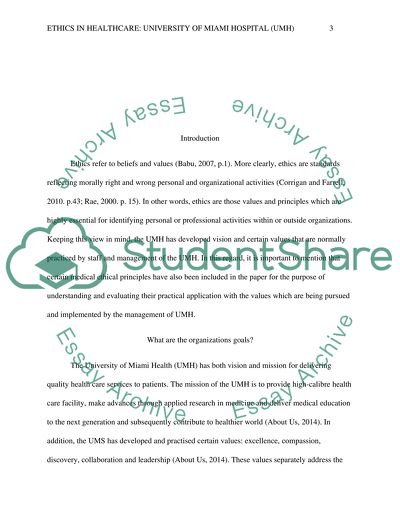Cite this document
(“Ethics in Healthcare Research Paper Example | Topics and Well Written Essays - 1500 words”, n.d.)
Retrieved from https://studentshare.org/social-science/1654525-ethics-in-healthcare
Retrieved from https://studentshare.org/social-science/1654525-ethics-in-healthcare
(Ethics in Healthcare Research Paper Example | Topics and Well Written Essays - 1500 Words)
https://studentshare.org/social-science/1654525-ethics-in-healthcare.
https://studentshare.org/social-science/1654525-ethics-in-healthcare.
“Ethics in Healthcare Research Paper Example | Topics and Well Written Essays - 1500 Words”, n.d. https://studentshare.org/social-science/1654525-ethics-in-healthcare.


